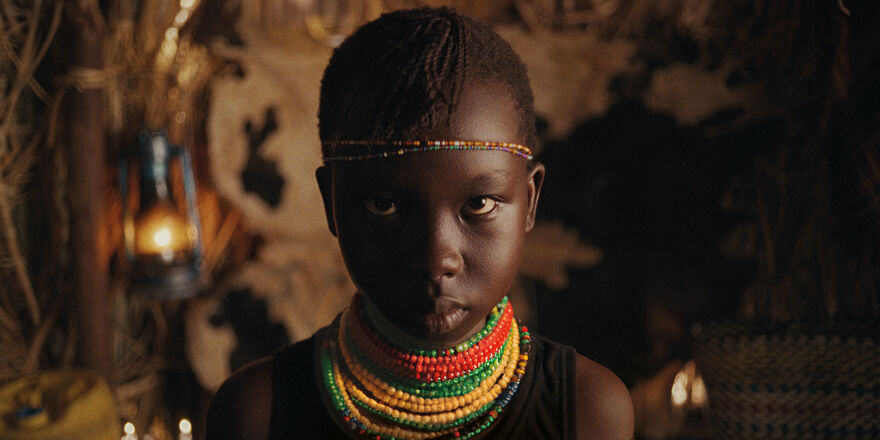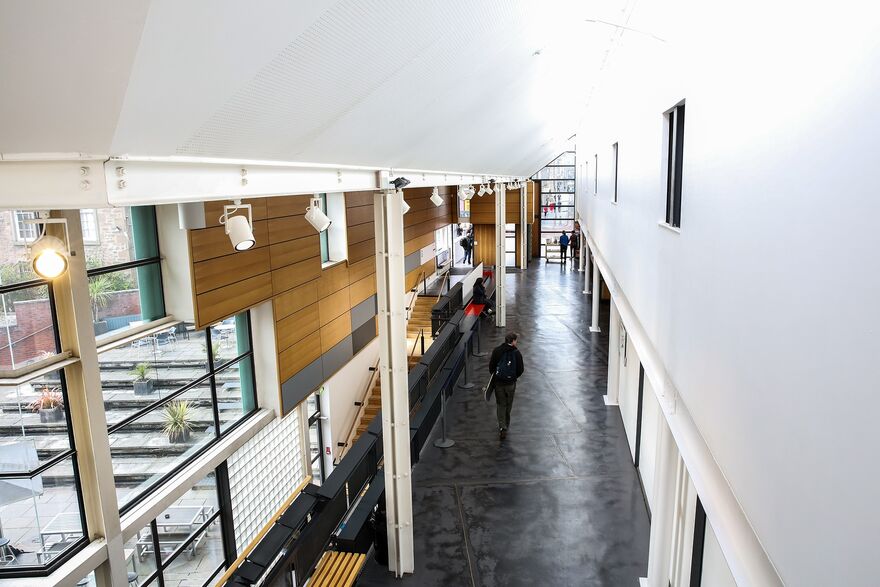
Nawi: Dear Future Me - Schools Screening
Based on a story by Kenyan YouTuber Milcah Cherotich, Nawi: Dear Future Me portrays the life of a determined girl growing up in rural Kenya.
Nawi’s aspirations of attending high school are shattered when she learns that her father plans to marry her off to a stranger. Despite her family’s financial desperation for the bride price and conviction to tribal traditions, Nawi refuses to succumb to this arranged child marriage and escapes on her wedding night.
Pursued by her own family, she embarks on a journey towards Nairobi, clinging to her dream of a promising future. But her sense of responsibility tugs her back when news arrives that her newly born sister will have to take Nawi’s place in the impending marriage. Nawi returns home to confront her family and husband, an idea in mind to rewrite the fate of countless child brides, with the film ultimately ending with a hopeful message.
Advisory
The film suggests but doesn’t explicitly show scenes of: boys being forced to kill animals to become men (ancient tribal tradition); strict punishment of children (beating and not allowing them to eat); selling pre-teenage children to be married to grown men; inducing labour of adult woman to obtain a baby to sell; the expectations of sex within the forced marriage with resulting rape of a child and the death of children from the proceeding pregnancies due to the strain on their under-developed bodies.
Curricular subjects: English and Literacy, Health and Wellbeing, Social Studies
Themes: UN Rights of the Children, forced child marriage, education and gender equality, impact of climate change on Kenyan farmers, clash between tradition and personal freedom, hope, sacrifice and the pursuit of dreams.
UNCRC – Article 6: I have the right to live and grow as a person
UNCRC – Article 12: I have the right to be listened to and taken seriously
UNCRC – Article 19: I have the right to be protected from being hurt or badly treated
UNCRC – Article 24: I have the right to be as healthy as possible
UNCRC – Article 26: If my family need it, they should get money to help bring me up
UNCRC – Articles 28 and 29: I have the right to an education which develops my personality, talents and abilities
UNCRC – Article 32: I have the right not to have to work unless I am old enough and it is safe
UNCRC – Article 34: I have the right not to be touched in ways that make me feel uncomfortable, unsafe or sad
UNCRC – Article 35: I have the right not to be kidnapped, sold or trafficked
UNCRC – Article 39: I have the right to help to get better if I have been hurt or badly treated
Nawi, Dear Future Me resource pack
When we bring film into the classroom, we don't just teach—we ignite empathy, spark curiosity, and open windows into lives beyond our own. It's a powerful lens for exploring tough truths with compassion and sparking dialogue that lingers far beyond the credits. Film helps to break down the language barrier that many pupils face these days, impacting on their ability to enjoy and fully engage with written text. Nawi is a very powerful, thought-provoking example, that allows pupils an insight into the lives of those their age, and the challenges they face. I hope you and your pupils enjoy Nawi’s story and the learning opportunities it presentsSonia MacEwan

